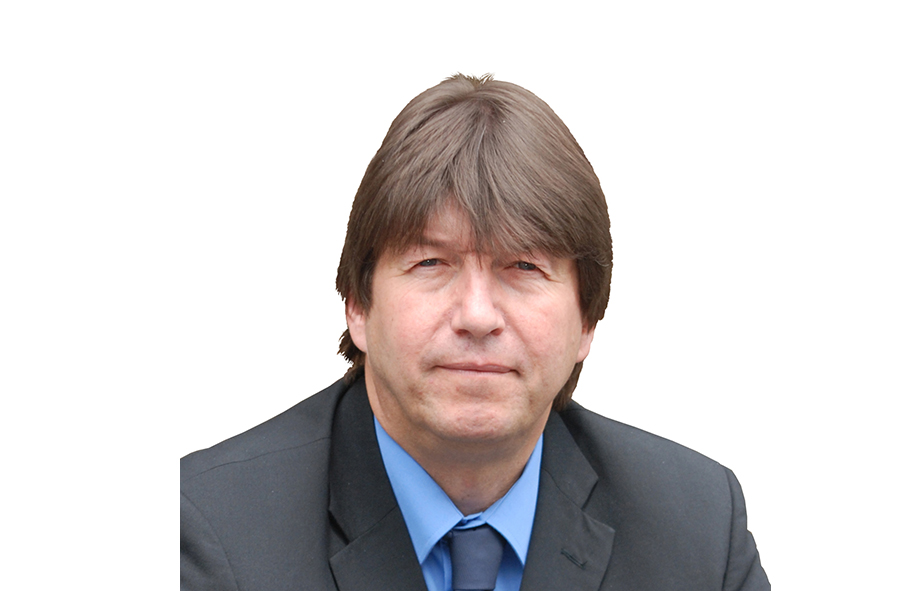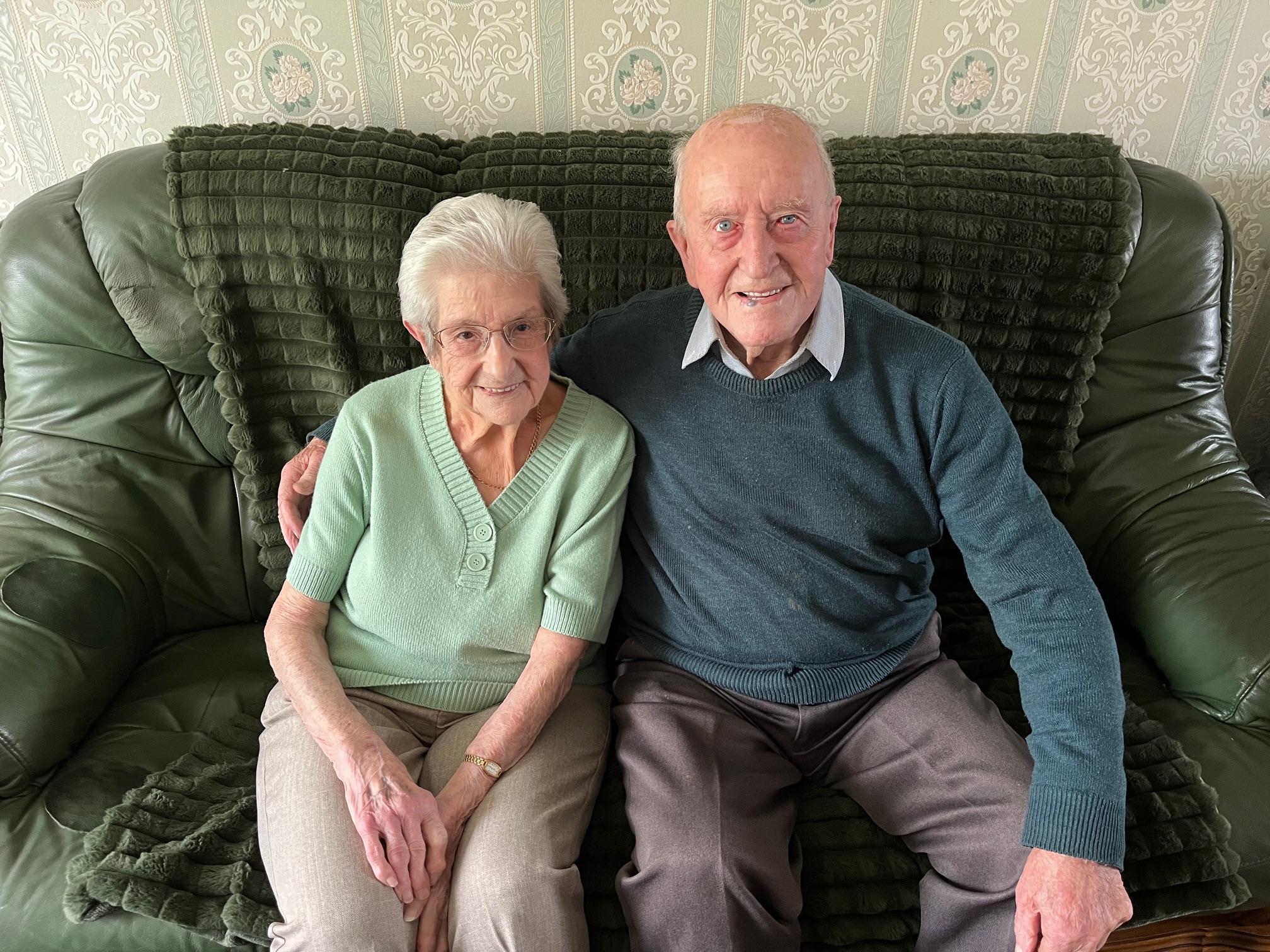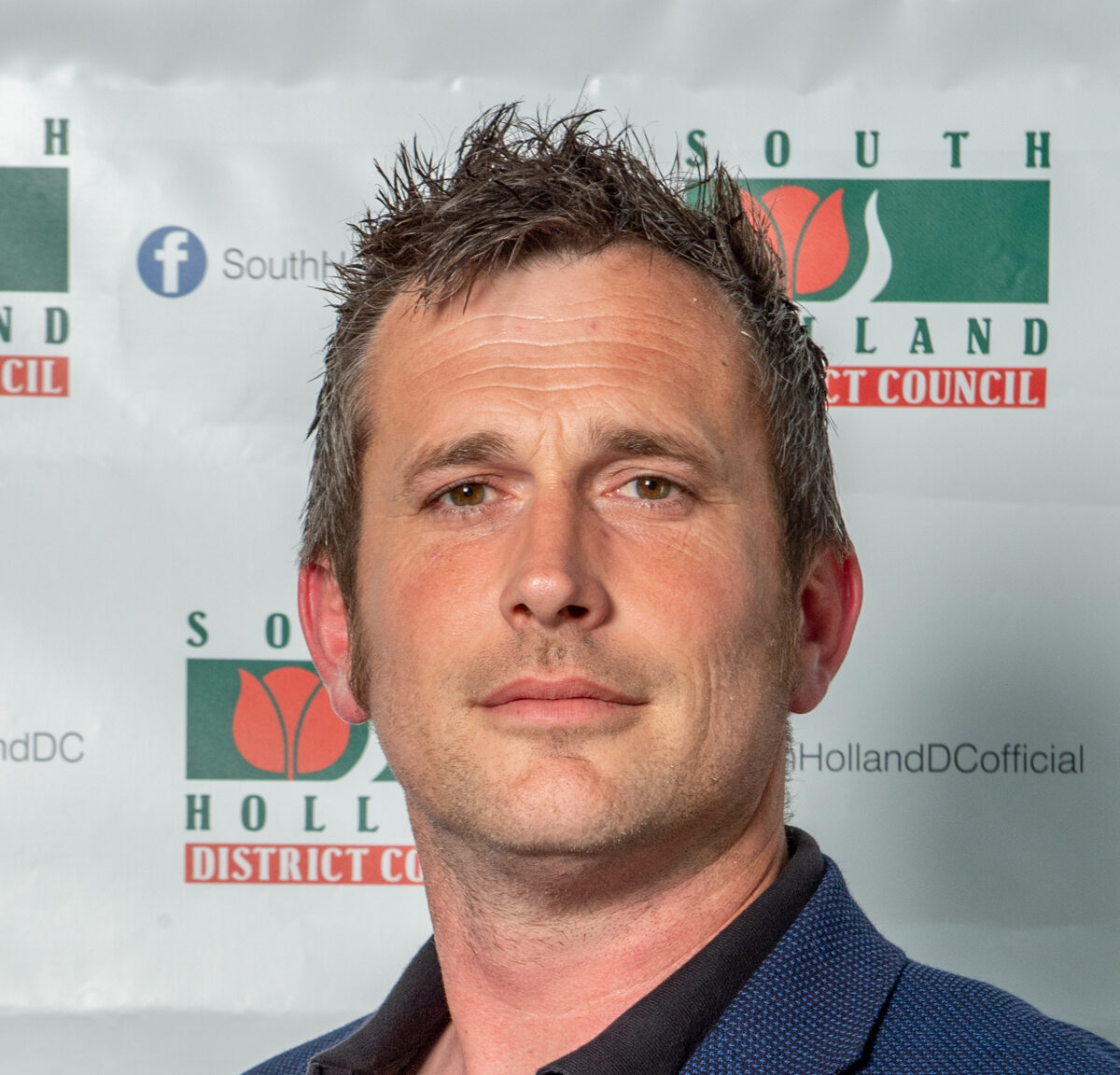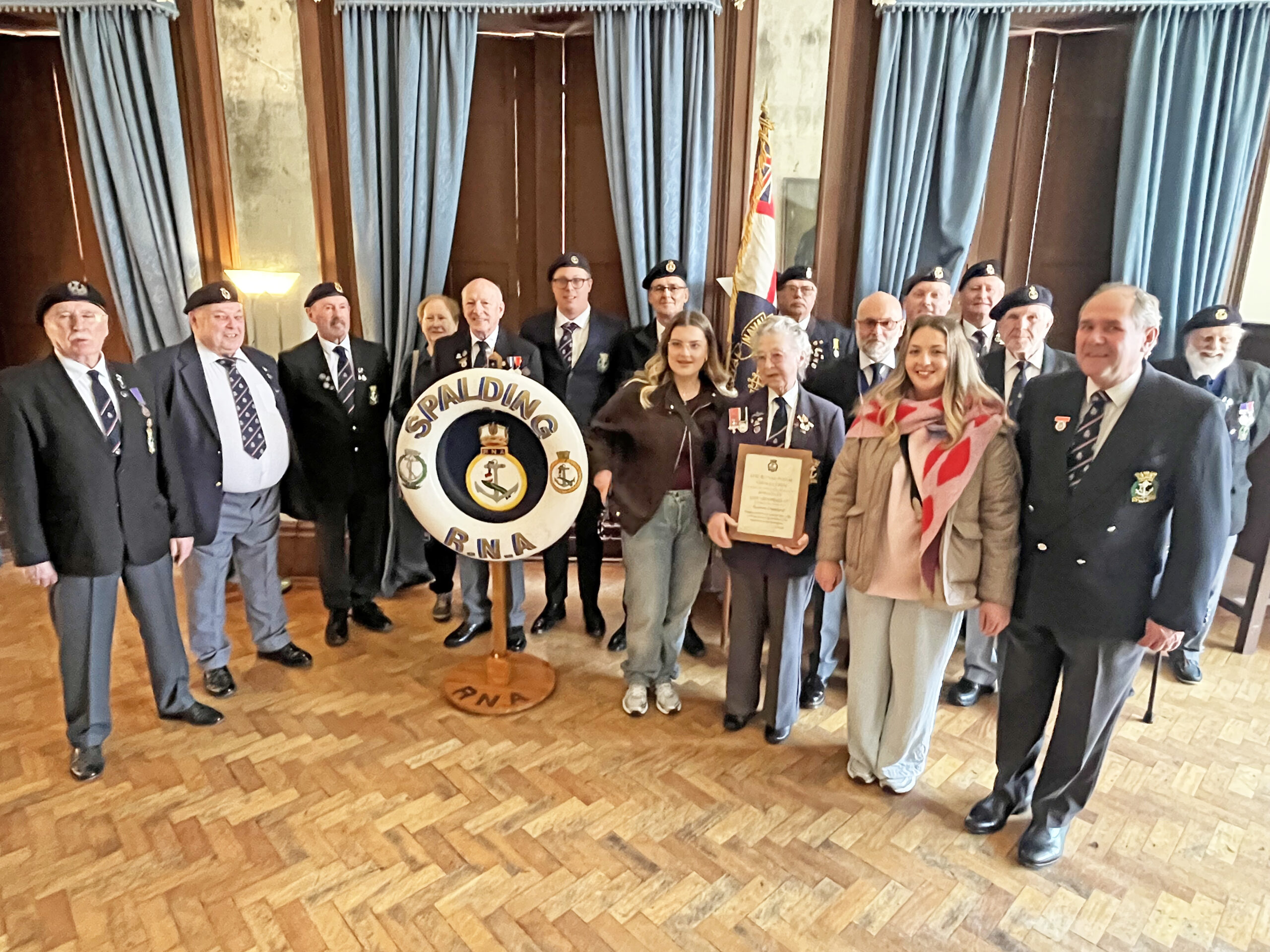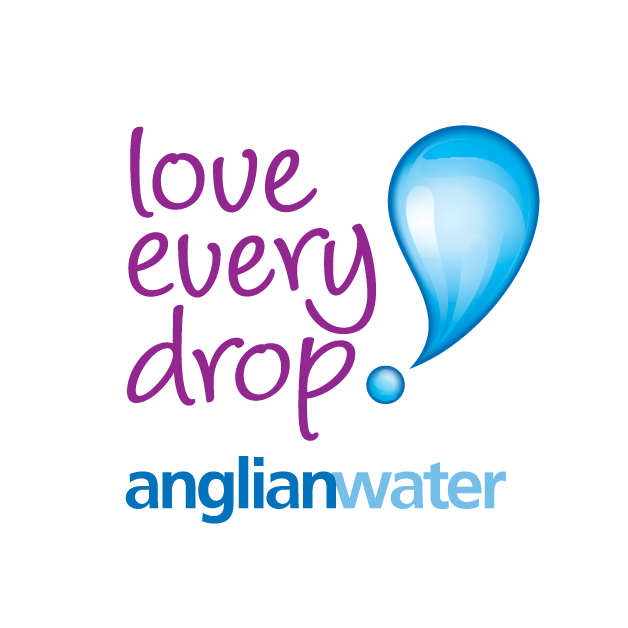Renewed calls have been made for more government cash for South Holland as local drainage boards look set to ask for “well over £3m” of council tax.
Leader of South Holland District Council Coun Gary Porter says the area should be compensated for dealing with the water that flows into it
He’s calling for the 17 councils in the UK that have drainage boards to be given a special levy for dealing with it or a return similar to the national fund that used to cover it before it was ended as part of austerity measures in 2010.
Council officers believe that the area’s drainage boards will ask for an increase in what it gets in council tax of between 12 and 15 per cent due to increasing energy costs.
Around 50 per cent of SHDC’s share of the council tax goes to the boards.
Coun Porter said he’d held talks with central government about the drainage board pressures.
“The government now recognise there are 17 councils affected by drainage boards and the scale of the effect,” he said. “There’s a couple it doesn’t affect as much but most of us, including those of us around the Wash, where it’s our biggest pressure.
“Last year we put up council tax and the drainage boards took all that money plus a bit more.
“This year it’s looking like we’ll put it up again and they’ll take it all and a lot more.
“We’ve had nothing more for the work we do such as collecting the bins every week.”
Coun Porter has raised the concerns before but the high cost of energy has highlighted the impact.
“It’s annoying as it was so predictable,” he continued. “The government need to step in and do something for drainage boards, either have a support levy for those of us with a drainage boards or make it so they set their own share of the council tax and we collect it, like we do for the parish councils and police.”
Coun Porter called the drainage boards the council’s “biggest pressure” at Tuesday’s Cabinet meeting, rounding it off by saying “Hopefully the doom and gloom we think is coming will pass like the clouds.”
“We’re living in a place where we all want our feet to stay dry and I don’t think anyone begrudges paying that to them,” he said. “The government used to recognise that the drainage in this part of the country is not only the rain that falls on our shoulders, it’s the rain that falls on other shoulders that ends up rolling down here to us.
“We are processing and making sure the water cycle is complete for people around the country, not just here.
“I feel (without the drainage fees) we would be the second cheapest council in the country; that’s the scale of the money we pay to the drainage boards.
“The drainage boards have to put their charges up because they’ve got more diesel and expenses.
“Everybody is paying through the nose, so we’ve got no choice but to start using reserves.
“I’m just grateful members on all sides of this council have taken the though decisions about working in partnerships with other councils so that we can get through where we’ve been able to.
“I’ve got no idea how other similar sized district councils will still be able to do what they did.
“There’s going to be a number of councils very close to the edge, luckily for most of those, they don’t have drainage boards.”
Portfolio holder for finance Peter Coupland confirmed the council would have to dip into its reserves, without saying how much and that a three per cent rise in council tax was proposed. (See page six for more.).
“The drainage boards are likely to increase around 12 to 15 per cent,” he said. “That is a considerable amount at the end of the day.
“Like the council, the drainage board have also experienced inflation and cost rises.
“We’re liaising with the boards and looking to limit future increases where possible.
“It is proving increasingly difficult with the boards in their power costs and fuel usage.
“Representations to government have been made and will continue to be made due to the substantial loss of income to the council for this one particular item.”

